Are Americans losing faith in democracy? The answer to this question, according to the latest report from the bipartisan Voter Study Group, is no. Authors Lee Drutman (New America), Larry Diamond (Stanford University), and Joe Goldman (Democracy Fund) find that since 2014, the share of Americans who say that it is very important to live in a democracy has increased from 73 percent to 83 percent, and fully 78 percent say that democracy is preferable to any other kind of government in all circumstances. Support for a strong leader who doesn’t have to bother with Congress and elections has fallen sharply. And only a minority of those who don’t think democracy is a good form of government are willing to endorse authoritarian alternatives.
Still, there are reasons to worry. On a five-question battery designed to test consistent support for democracy, 54 percent of Americans give the pro-democratic response to all five, and an additional 19 percent do so for four out of five. Of the remaining 27 percent, six percent give anti-democratic answers to four or five questions, with the remainder doing so for two or three.
Digging deeper, the authors find that anti-democratic attitudes are especially prevalent among the least educated and least politically engaged citizens, and among those who don’t follow the news or vote regularly. Thirty percent of conservatives favor a strong leader who doesn’t have to worry about Congress and elections, compared to 13 percent of liberals. Twenty-two percent of conservatives believe that democracy is not always preferable; 17 percent of liberals agree. The gap is even wider between those who consider themselves “culturally conservative” and “culturally liberal.” Openness to non-democratic leaders and political systems is especially high among those who believe that European heritage is important to American identity, who prefer a single dominant culture to cultural diversity, and who express hostility to Muslims.
Of the Americans who regard themselves as economically liberal but culturally conservative—one standard description of populism—40 percent express openness to non-democratic forms of government, and fully 52 support a strong leader without checks and balances from Congress or elections. This group dominated the crucial nine percent of voters who supported Barack Obama in 2012 but shifted to Donald Trump in 2016.
Other common dimensions of populism involve opposition to corruption and elites. Not surprisingly, Americans who think that the current system is “rigged” are more likely to endorse non-democratic governance, as are those who mistrust experts.
Overall, the report reaches a mixed verdict on the strength of American democracy. On the one hand, overall support for democratic governance remains high, and trends toward increased anti-democratic attitudes have reversed in recent years. On the other hand, the authors warn, there are “worrying signs” of weakness, and support for authoritarian options is higher than in Canada or the major European democracies.
Regarding young people in particular, the verdict is equally mixed. On the one hand, only nine percent of adults ages 23 to 29 favor strong leaders, a much smaller share than for any other age cohort. On the other hand, 29 percent of these young Americans say that democracy is not always preferable to other political forms, a far higher share than older Americans, who can remember the Cold War and even the fight against fascism in World War II.
The report was not able to probe which alternatives young adults have in mind; the reported uptick in support for “socialism” during Bernie Sanders’ primary campaign may provide a clue. Nor could the authors resolve the controversy between those who say this finding is a warning-sign and those who regard it as a “predictable life-cycle effect.”
The bottom line: while alarm is unwarranted, so is complacency. There is cause for concern, and for heightened attention to the basic institutions that safeguard both the integrity of the democracy political process and the rights of individuals and minority groups.
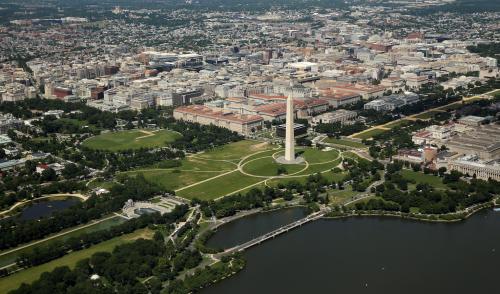
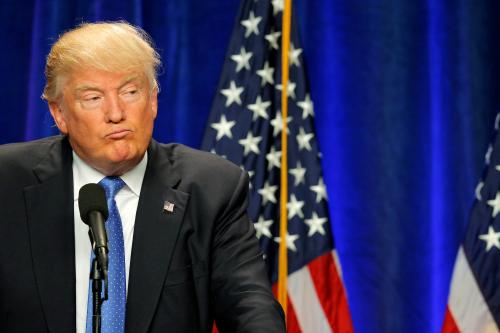
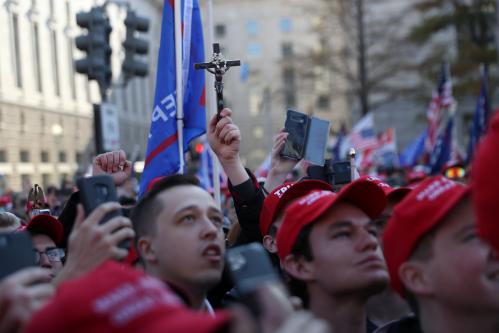
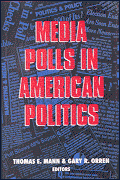
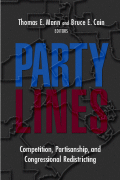
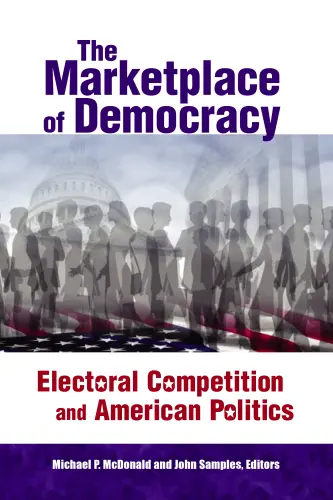




Commentary
Is public sentiment shifting toward support of authoritarianism? Not really.
March 13, 2018